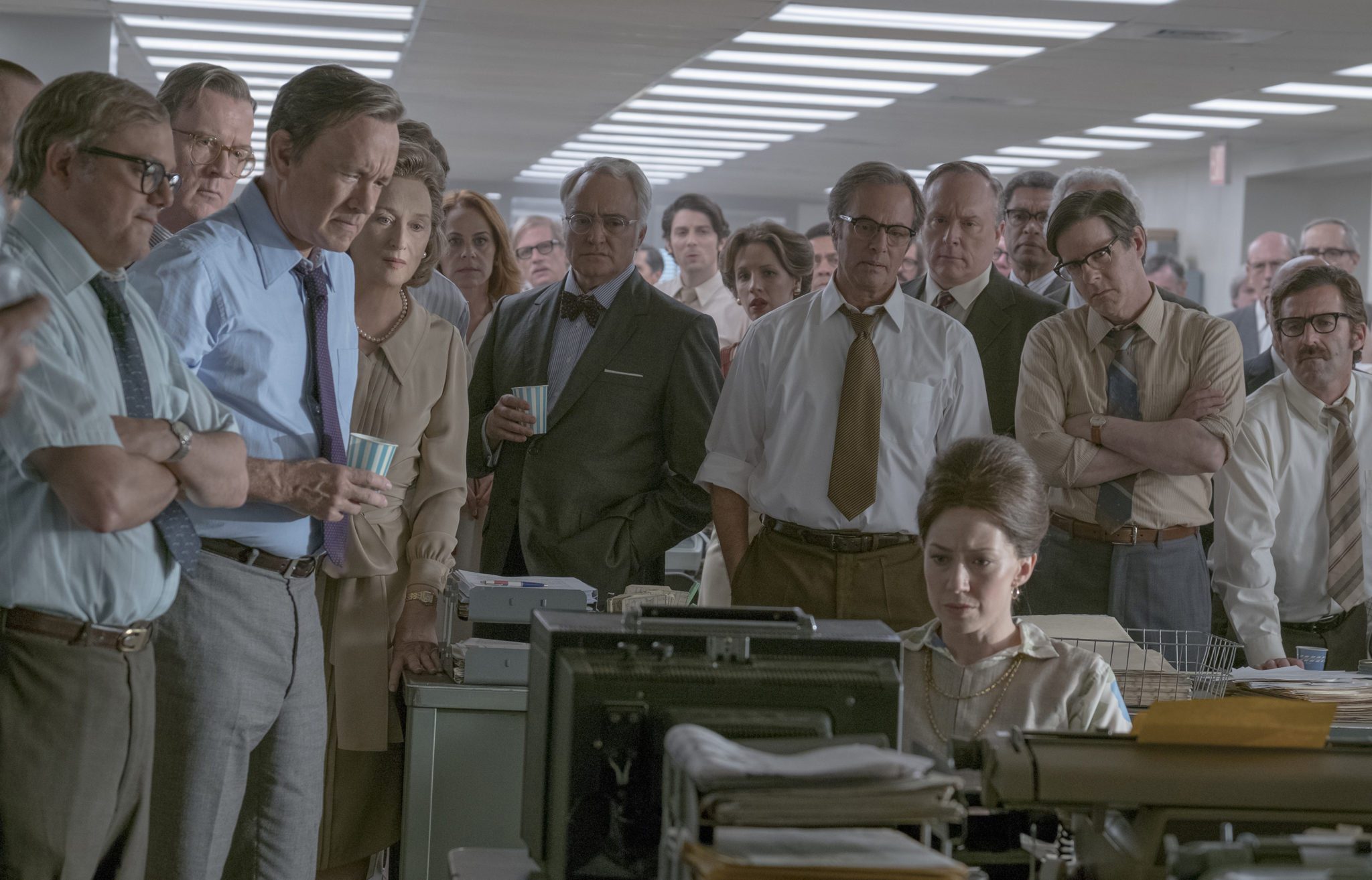
The Post – The Calling of Truth
Directed by Steven Spielberg, The Post tells the story of Katherine Graham (Meryl Streep), the first female publisher of a major American newspaper, the Washington Post. Set in the later years of the Vietnam War, Katherine and her editor Ben Bradlee (Tom Hanks) suddenly find themselves in the possession of papers exposing the American government?s…
